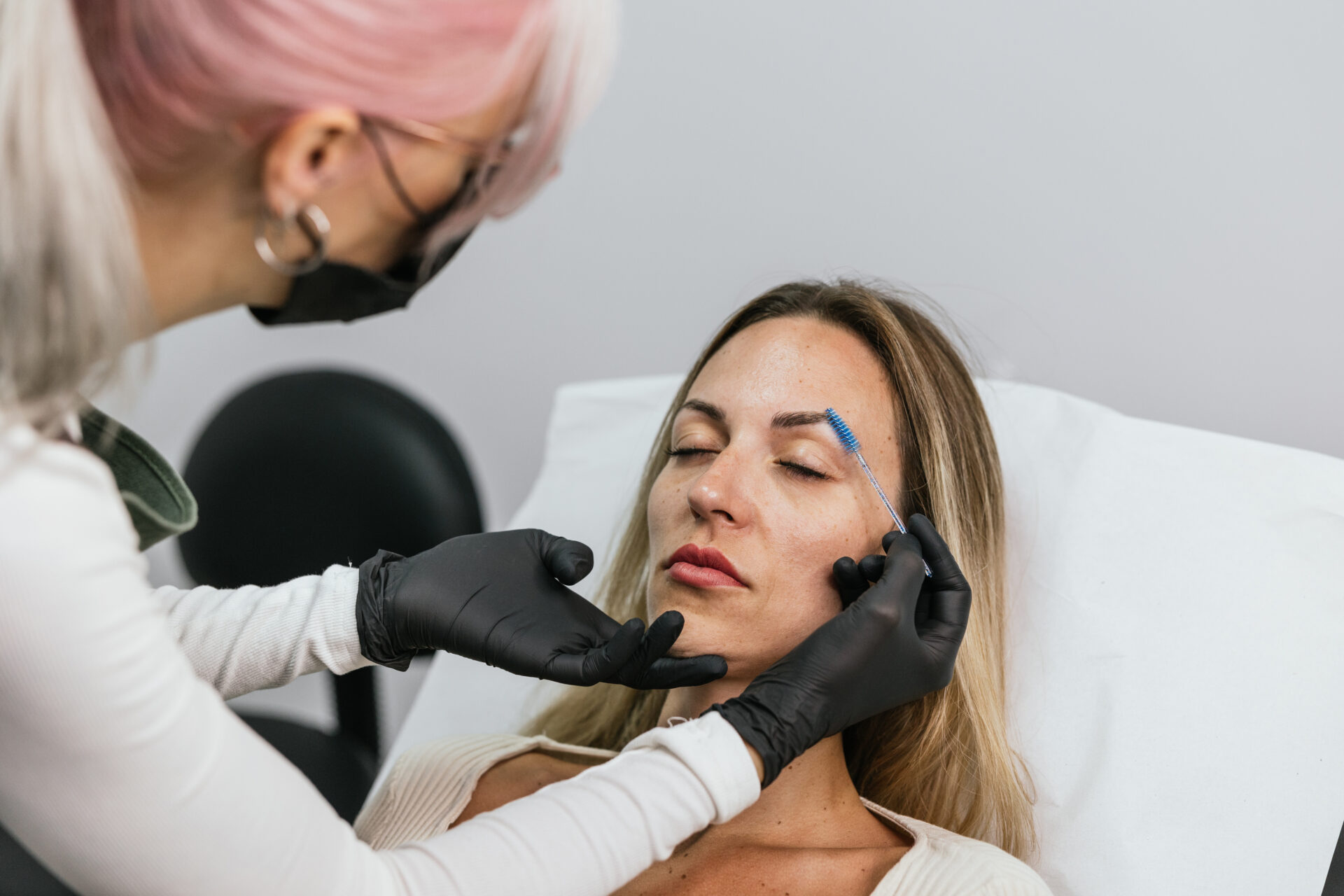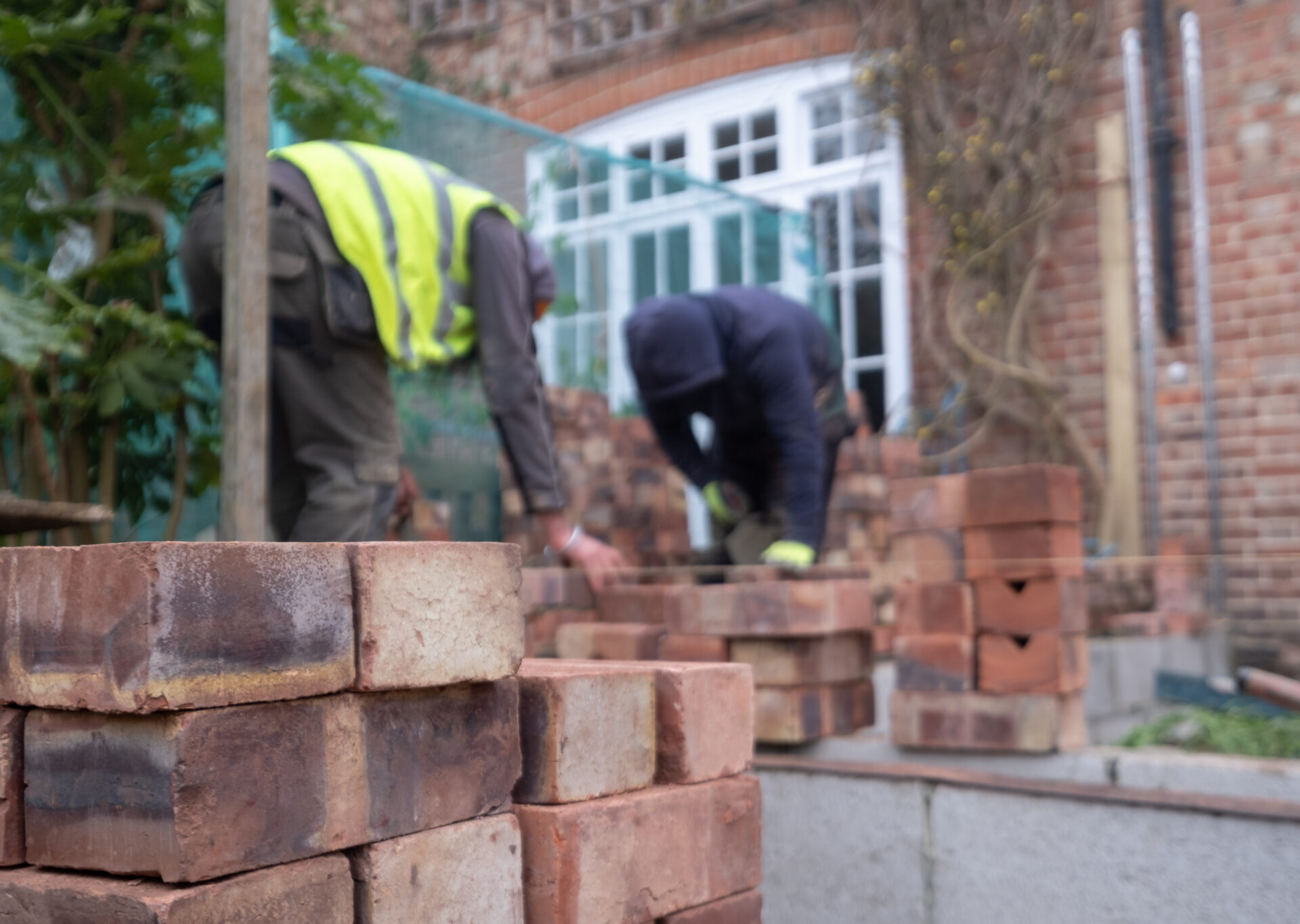In a move aimed at improving safety and professional standards across the cosmetic procedures industry, the Government has announced new measures that will restrict the most high-risk aesthetic treatments to qualified healthcare professionals only.
Under the proposed rules, procedures such as non-surgical Brazilian Butt Lifts and other invasive treatments will only be permitted when performed by specially trained medical practitioners operating within Care Quality Commission (CQC)-registered providers.
This move is intended to crack down on so-called “cosmetic cowboys” – unqualified individuals offering high-risk treatments without the necessary medical background or safety oversight.
The changes follow a series of alarming incidents where patients have suffered serious complications, disfigurement, and, in some cases, life-threatening conditions after receiving treatments from untrained or underqualified individuals.
Speaking on the issue, Minister of State for Health Karin Smyth emphasised that the measures are designed to support qualified professionals while protecting the public from unsafe practices.
Smyth said: “The cosmetics industry has been plagued by a Wild West of dodgy practitioners and procedures.
“This Government is taking action to protect those seeking treatments, support honest and competent practitioners, and root out the cowboys as part of our Plan for Change.
“This isn’t about stopping anyone from getting treatments – it’s about preventing rogue operators from exploiting people at the expense of their safety.”
The planned reforms will also introduce a local authority licensing system for lower-risk procedures such as Botox, lip fillers, and facial dermal fillers.
Practitioners will need to meet stricter criteria around safety, training, and insurance before being granted a licence to operate.
Enforcement for high-risk procedures will fall under the CQC’s remit, with financial penalties for non-compliance.
The Government also intends to introduce restrictions on the use of high-risk cosmetic procedures for under-18s, unless specifically authorised by a qualified healthcare provider.
Millie Kendall OBE, chief executive officer of the British Beauty Council, welcomed the announcement, highlighting the importance of regulatory clarity and professional standards in the sector.
Kendall said: “Any measures that increase protection for the general public and professionalise the industry will help instil confidence, as well as helping to prevent the normalisation of horror stories that have become synonymous with our sector.
“This is the first step forward in raising the reputation of our £30.4bn industry.”
















